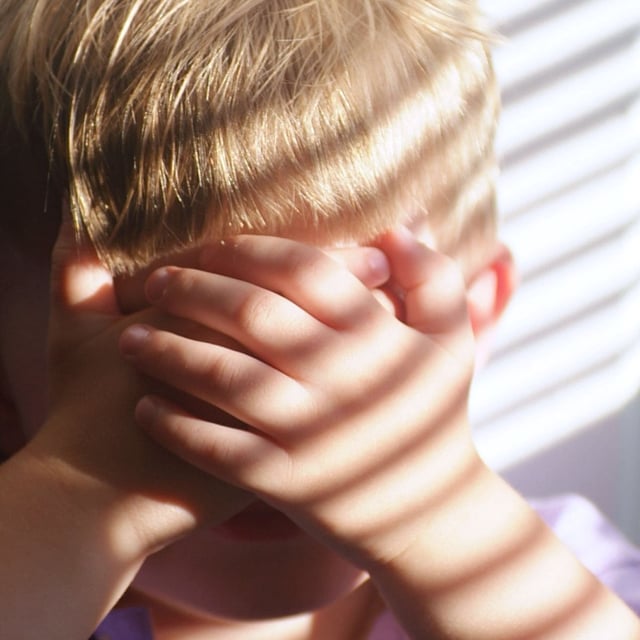Overview
- Research shows verbal abuse alters children's brain structure and function, disrupting threat and reward circuits critical for emotional and social development.
- Experts emphasized that verbal abuse is the most prevalent form of child maltreatment, affecting 41% of UK children, yet remains under-recognized compared to physical or sexual abuse.
- Children exposed to verbal abuse face heightened risks of anxiety, depression, social withdrawal, and difficulties forming relationships later in life.
- The World Health Organization classifies emotional abuse, including verbal abuse, as a key form of violence against children, equating its harm to physical or sexual abuse.
- The charity Words Matter and leading academics urged the government to integrate verbal abuse prevention into the national mental health strategy, highlighting its preventable nature and profound impact on child well-being.


